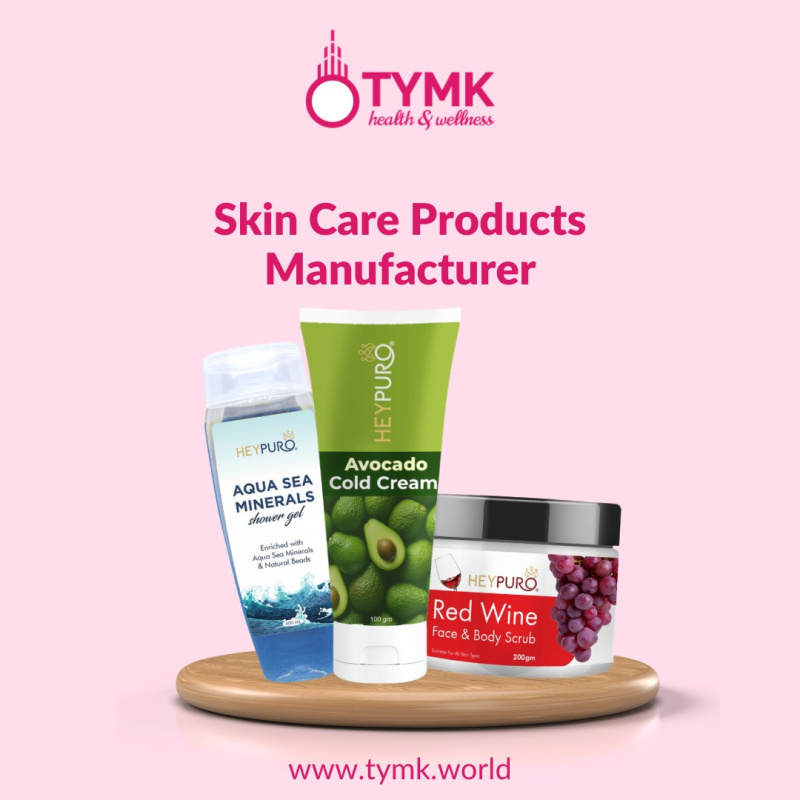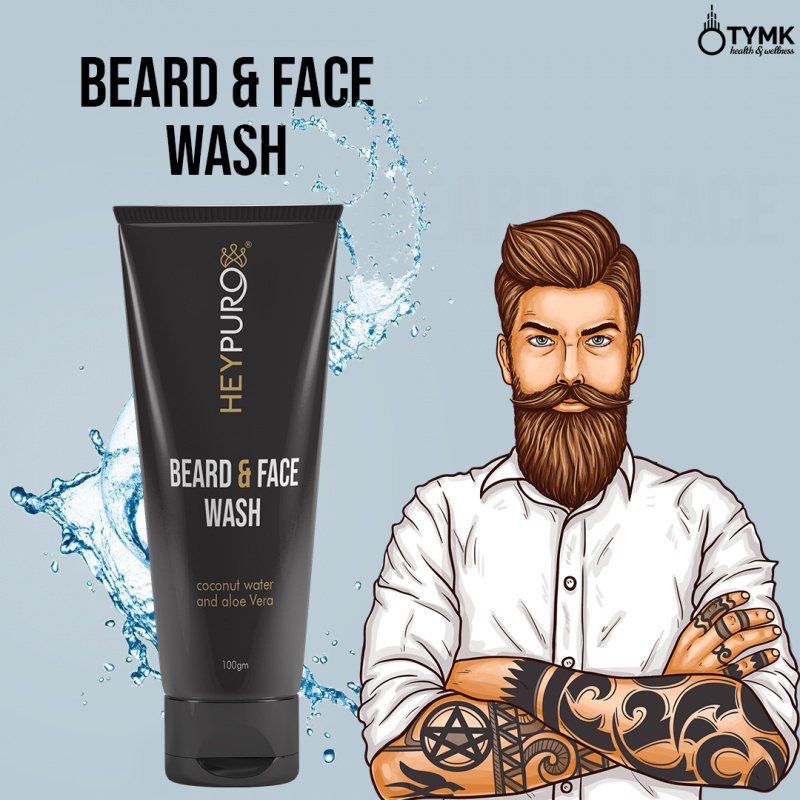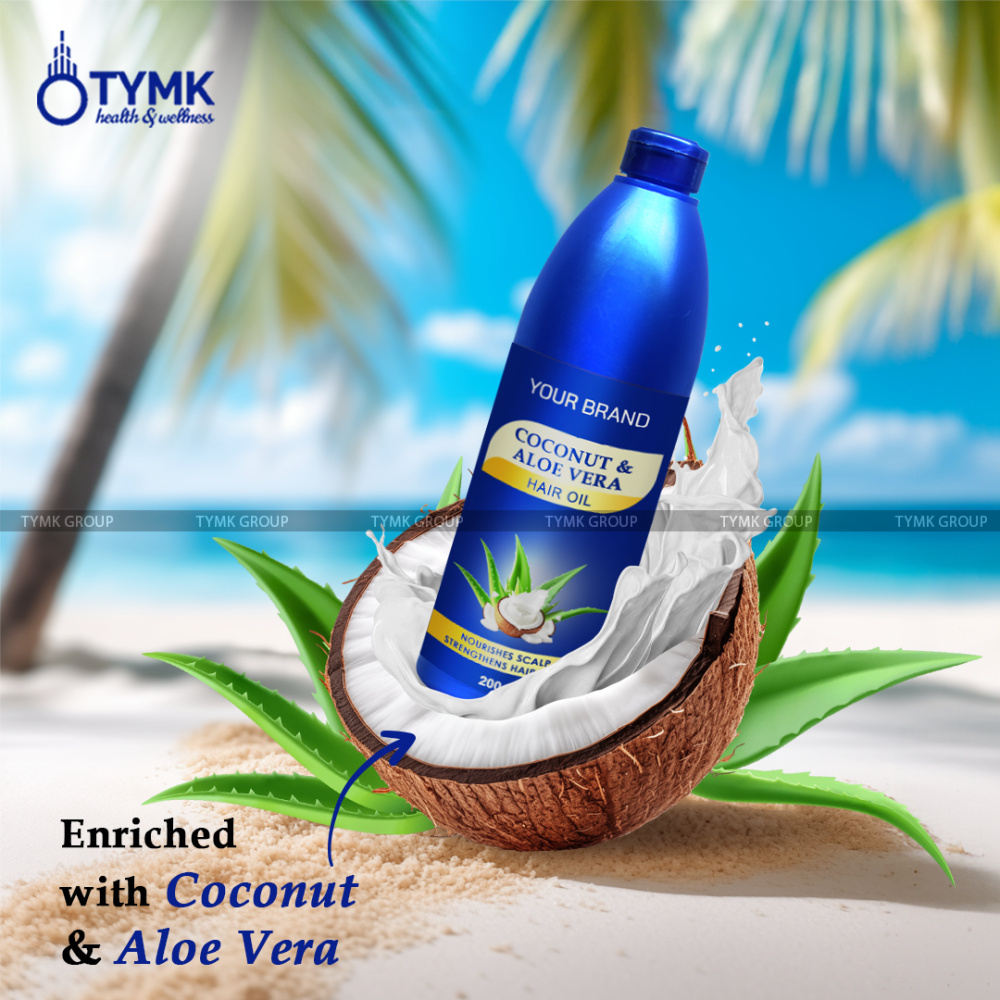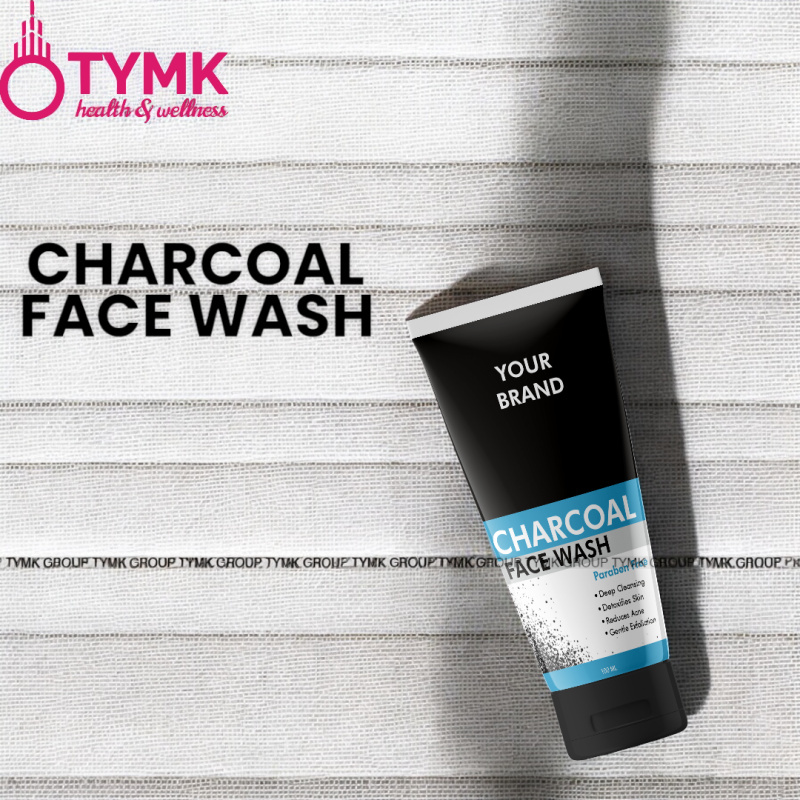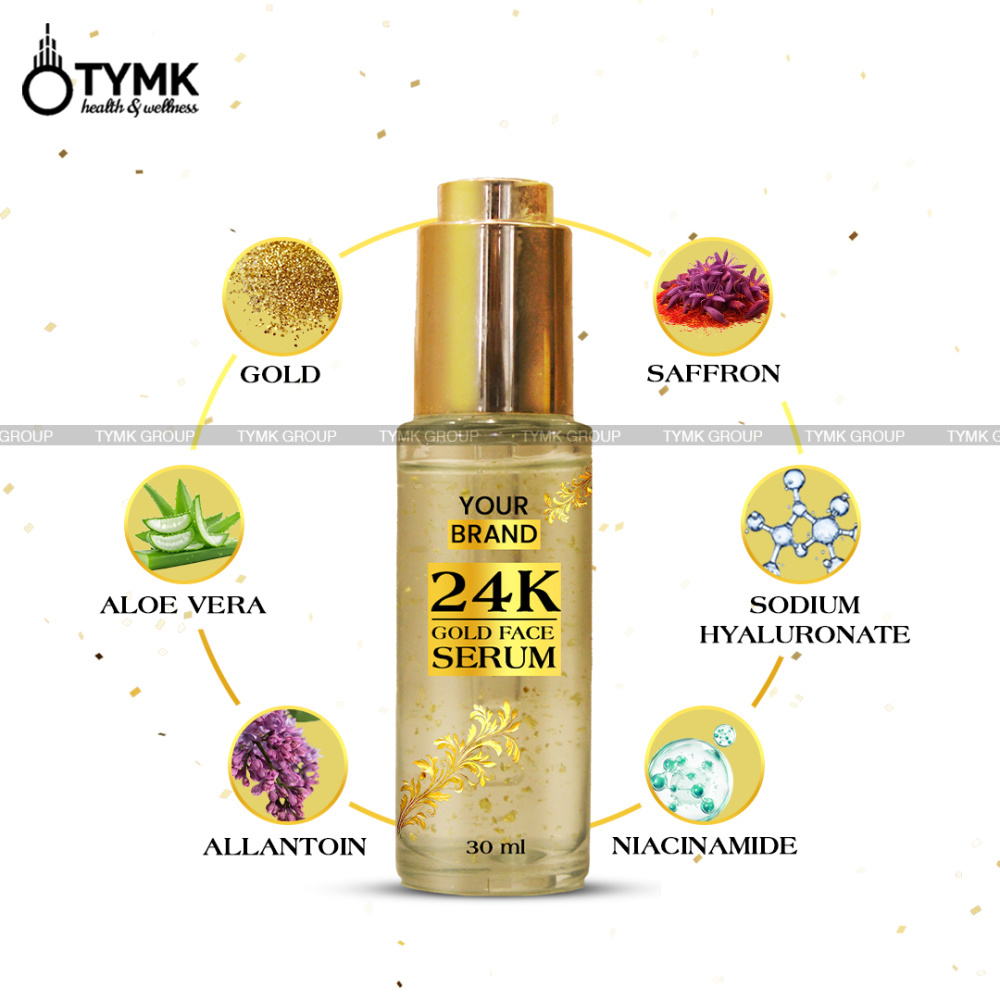Private Label Manufacturer for Color Cosmetics | Custom Beauty Solutions

Color Cosmetics The beauty industry has witnessed an incredible transformation in recent years, with an increasing number of brands opting for private label manufacturing to bring high-quality, customized color cosmetics to the market.
Private label manufacturers provide businesses, entrepreneurs, and beauty professionals with an opportunity to create their own branded makeup products without investing in large-scale production facilities.

What is a Private Label Manufacturer?
A private label manufacturer produces cosmetics that can be rebranded and sold under a different company's name. These manufacturers handle product formulation, production, packaging, and quality control, allowing brands to focus on marketing and distribution.
With private label manufacturing, businesses can choose from a range of pre-formulated beauty products or work closely with the manufacturer to develop unique, custom formulations that align with their brand identity.
Read More: Personal Care Products Contract Manufacturer
Advantages of Private Label Manufacturing in Color Cosmetics
1. Cost-Effective Production
Starting a beauty brand from scratch requires significant investment in research, development, and manufacturing. Private label manufacturers reduce costs by handling these aspects, allowing brands to focus on sales and marketing.
2. Faster Time-to-Market
Private label manufacturers have ready-made formulations and packaging solutions, which can significantly reduce the time required to launch new products. This allows brands to respond quickly to trends and customer demands.
3. Customization and Branding
Businesses can tailor formulations, select unique packaging designs, and create exclusive color ranges that reflect their brand’s vision. This enables companies to differentiate themselves in the highly competitive beauty market.
4. Compliance and Safety Standards
Reputable private label manufacturers ensure that products meet regulatory compliance and safety standards. This eliminates the hassle of conducting independent testing and acquiring necessary certifications.
5. Scalability and Growth Potential
Private label manufacturing provides businesses with scalability options. Brands can start with small production runs and expand as demand increases, making it easier to manage inventory and cash flow.

Key Color Cosmetic Products Available for Private Labeling
Private label manufacturers offer a variety of makeup products that can be customized to meet specific brand needs. Some of the most popular categories include:
1. Face Products
-
Foundation – Available in liquid, cream, stick, and powder forms, with various coverage levels.
-
Concealer – Designed to cover blemishes, dark circles, and imperfections.
-
Blush & Bronzer – Powder, cream, and liquid formulas for contouring and adding warmth to the face.
-
Highlighter – Shimmering powders, creams, and liquid highlighters for a radiant glow.
2. Eye Products
-
Eyeshadow Palettes – Customizable shades in matte, shimmer, and glitter finishes.
-
Eyeliner – Pencil, gel, liquid, and felt-tip liners in various colors.
-
Mascara – Volumizing, lengthening, waterproof, and curling formulas.
-
Eyebrow Products – Pomades, pencils, powders, and gels for sculpted brows.
3. Lip Products
-
Lipstick – Matte, satin, gloss, and liquid lipstick in a variety of shades.
-
Lip Gloss – Sheer, pigmented, and plumping formulas for a glossy finish.
-
Lip Liner – Long-lasting, creamy, and smudge-proof formulas to define lips.
4. Nail Products
-
Nail Polish – Available in a variety of finishes, including matte, glossy, and metallic.
-
Nail Care – Cuticle oils, strengthening treatments, and base/top coats.

How to Choose the Right Private Label Manufacturer
Selecting the right private label manufacturer is crucial to ensuring high-quality products and a successful brand launch. Here are key factors to consider:
1. Reputation and Experience
Look for manufacturers with a proven track record in the beauty industry. Research customer reviews, testimonials, and past collaborations to assess their credibility.
Read More: Your Baby Care Brand with TYMK Health & Wellness
2. Customization Options
Choose a manufacturer that offers flexibility in formulation, packaging, and branding. The ability to create unique products will set your brand apart from competitors.
3. Quality and Safety Standards
Ensure the manufacturer follows Good Manufacturing Practices (GMP) and adheres to FDA, EU, or other relevant regulatory standards.
4. Minimum Order Quantities (MOQs)
Different manufacturers have varying MOQs. Select one that aligns with your budget and production needs, especially if you’re launching a new brand with limited capital.
5. Turnaround Time
Fast production and shipping times are essential to keep up with market trends. Verify lead times before finalizing an agreement.
6. Ingredient Transparency
If your brand focuses on clean, vegan, or cruelty-free cosmetics, ensure the manufacturer provides ingredient transparency and necessary certifications.

The Private Label Process: Step-by-Step Guide
Step 1: Define Your Brand Vision
Identify your brand’s mission, target audience, and product preferences. Consider the type of cosmetics you want to sell and the market demand.
Step 2: Choose a Manufacturer
Conduct thorough research to find a manufacturer that aligns with your brand’s values, quality expectations, and pricing.
Step 3: Select Products and Formulations
Decide whether you’ll use pre-formulated products or customize your own formulas. Choose colors, textures, and additional features that suit your brand identity.
Step 4: Design Packaging
Work with the manufacturer to create custom packaging that reflects your brand’s aesthetics. This includes selecting materials, labeling, and design elements.
Step 5: Product Testing and Approval
Request product samples to test for quality, performance, and compatibility with your brand’s vision. Provide feedback for any necessary adjustments.
Step 6: Production and Manufacturing
Once approved, the manufacturer will begin large-scale production. Ensure that timelines align with your launch schedule.
Step 7: Marketing and Launch
Develop a marketing strategy that includes social media, influencer collaborations, and online/offline sales channels. Build anticipation and excitement for your brand’s launch.
Future Trends in Private Label Color Cosmetics
-
Sustainable and Eco-Friendly Packaging – The demand for biodegradable and refillable packaging is rising.
-
Clean Beauty and Non-Toxic Formulas – Consumers seek safer, natural, and organic ingredients.
-
Customization and Personalization – AI-driven beauty solutions are allowing brands to offer personalized product recommendations.
-
Inclusive Shade Ranges – Expanding foundation and concealer shades to cater to diverse skin tones.
-
Hybrid Skincare-Makeup Products – Combining skincare benefits with color cosmetics, such as hydrating foundations and vitamin-infused lipsticks.
Frequently Asked Questions
1. What is the minimum order quantity (MOQ) for private label cosmetics?
MOQs vary depending on the manufacturer and product type. Some manufacturers offer low MOQs for startups, while others require larger orders.
2. Can I customize my own cosmetic formula?
Yes, many private label manufacturers allow customization. You can modify textures, colors, and ingredients to align with your brand’s identity.
3. Are private label cosmetics cruelty-free and vegan?
Many manufacturers offer cruelty-free and vegan formulations. Be sure to check with your chosen manufacturer for certification details.

